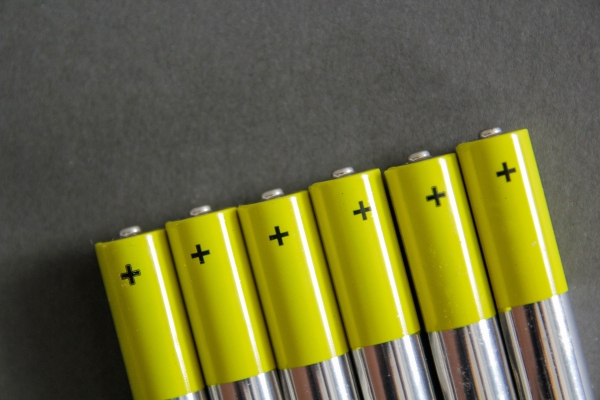
As we shift away from gas- and diesel-powered engines and toward electrification, a recurring problem comes up: Batteries are heavy, and heavy is the enemy of efficiency. The quest for cheaper, lighter, more efficient, and safer batteries becomes increasingly necessary, and there’s a research rush happening right now.
You only have to look at the billions of dollars that car manufacturers — including Ford, Mercedes-Benz, Nissan and VW — have poured into battery-focused research and development to see the destination and the drive. In a nutshell: There’s a lot going on.
Movers and shakers on the battery circuit
The pursuit of better EV batteries has lasted for years, both inside the R&D labs at the automotive manufacturers and out in startup land.
Nissan has prototyped its own solid-state battery at its factory in Yokohama, Japan, which it hopes can go into production by 2028. Other car manufacturers have opted to put their funds into powering startups.
Factorial Energy, which emerged from stealth in April 2021, has an investment and partnership deal with Hyundai and Kia to co-develop and test battery tech in Hyundai EVs. However, it also has joint collaboration agreements with Mercedes-Benz, which was a “double-digit million-dollar investment” and an unspecified investment from Stellantis, which it hopes will see a rollout of solid-state technology in 2026. Based in Woburn, Massachusetts, Factorial has operations in South Korea and Japan and a subsidiary in Germany that was announced in March 2023.
